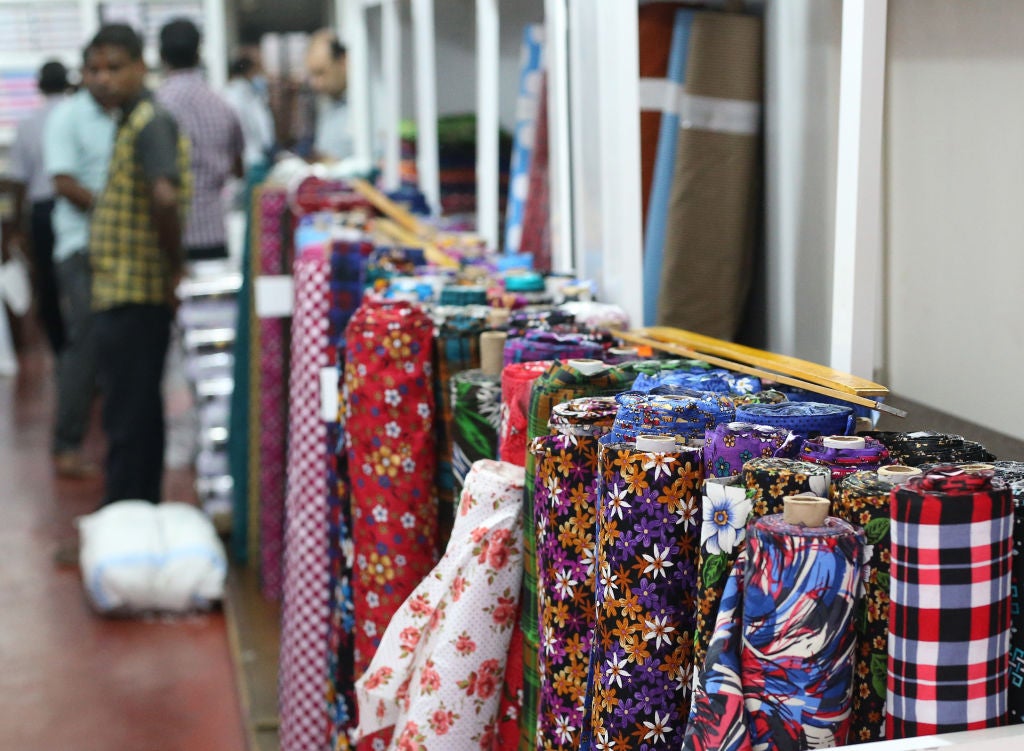
Sri Lanka’s cumulative national merchandise exports for 2022 up to the end of May exceeded $5.1bn, a near 10% increase from the same period of 2021 and a 46% increase from the corresponding period of 2020. Foreign direct investment (FDI) into the country has mirrored the positive performance.
Overall, Sri Lanka has attracted more than $228m in FDI during the first quarter of 2022, a 17% increase compared with the corresponding period of last year. FDI inflows to the apparel sector increased fourfold up to the end of June 2022 in comparison with the first six months of 2021.
“Considering the challenges that Sri Lanka has overcome in the past, investors remain confident of the country’s prospects and resilience,” says Renuka Weerakone, director-general of Sri Lanka’s Board of Investment (BOI), the country’s dedicated investment promotion and facilitation agency.
“Due to strong interest, especially among apparel industry investors, we recently set up three new re-investment teams to support investors. We have been receiving multiple queries regarding the availability of suitable land from investors looking to further expand their apparel manufacturing plants in Sri Lanka, since many of them have seen an increase in orders.”
The total pipeline – together with pending approvals for investments and expansions in Sri Lanka’s apparel sector – currently stands at $165m.
Interest rises in Sri Lanka’s raw materials
Besides expanding apparel manufacturing facilities, some investors are also eyeing lucrative opportunities in raw material production and backward vertical integration in the Sri Lankan apparel industry.

US Tariffs are shifting - will you react or anticipate?
Don’t let policy changes catch you off guard. Stay proactive with real-time data and expert analysis.
By GlobalDataOn this front, the BOI has seen strong investor interest, especially in the Eravur Fabric Processing Zone. The zone is a significant initiative that aims to strengthen the Sri Lankan apparel sector’s backward vertical integration, enabling the industry to make greater use of preferential tariff concessions in its exports to the EU, its second-largest market, as well as reduce industry lead times.
Recently, the Sri Lankan BOI formally signed the agreement for the first FDI project in Eravur, a $35m investment by Jay Jay Mills Lanka, a supplier to globally renowned infant apparel brands. Overall, the fabric processing zone is expected to attract significant foreign investment.
The infrastructure for the zone is now being constructed, including external roads and the provision of utilities such as power and water. The zone seeks to be a regional benchmark in sustainable manufacturing and is envisaged to create more than 3,000 direct jobs and 5,000 indirect ones, which would contribute towards the socio-economic development of the area.
Sri Lanka’s BOI looks to cut red tape
In line with increasing investor interest, the BOI has also significantly revamped its processes, making the investment process faster and more convenient for investors.
“We’ve strengthened our digitisation efforts, to eventually make the processes completely paperless,” says Weerakone. “We have introduced new features in our web portal to assist investors with a web-based ‘partnership finder database’, which will also assist investors in linking with potential partners. These include companies that are looking for funding partnerships or viable business opportunities, as well as innovative start-ups. We will also soon unveil our dedicated Investor Facilitation Centre.”
To enable the Investor Facilitation Centre to function effectively, over the past two years the Sri Lanka BOI has signed agreements with 13 state agencies that will play a key role in the investment approval process. The BOI will be sending the investor’s applications to these agencies and will be taking proactive action to expedite the approval process.
The digitisation efforts of the BOI now enable investors to obtain a range of services online, without having to visit the BOI office. Such services include approvals from the customs department for capital goods imports, obtaining visas for investors, and so on.
Earlier, the Joint Apparel Association Forum in Sri Lanka stated that the country’s apparel plants remain ‘unaffected’ despite the recent civil uprising which has led to President Gotabaya Rajapaksa stepping down.
The country’s government is in disarray following a civil uprising caused by the country’s worst economic crisis in 70 years, making the resilience of its apparel sector all the more remarkable.
This article originally appeared in Just Style.



